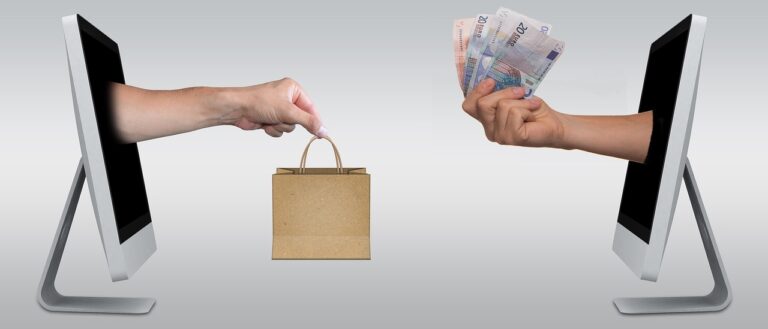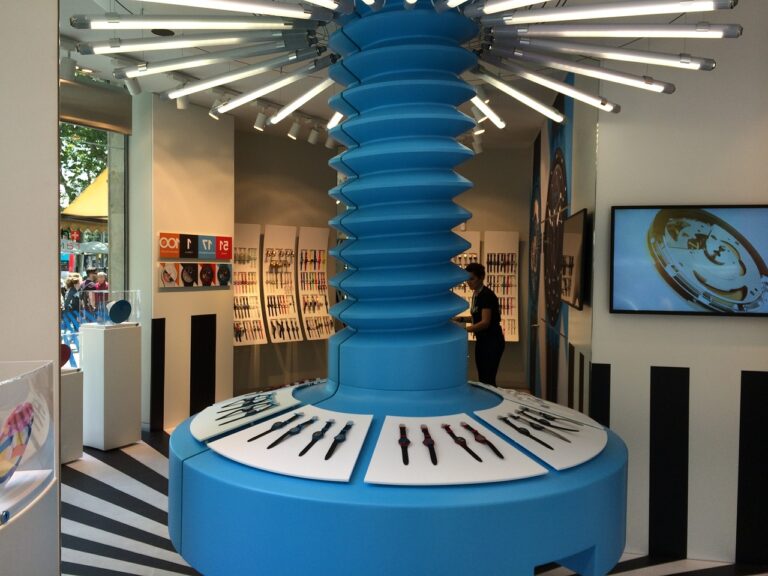The Psychology of Impulse Purchases: Understanding Triggers and Strategies
Impulse purchases are those spur-of-the-moment buys that we make without much thought or planning. They often happen when we are feeling excited, stressed, or vulnerable, leading us to make decisions based on fleeting emotions rather than rational thinking. This impulsivity can result in buying items that we don’t need or can’t afford, causing regret and financial strain.
Retailers capitalize on our tendency towards impulse purchases by strategically placing enticing displays, offering limited-time deals, and creating a sense of urgency around certain products. The thrill of getting a good deal or the fear of missing out can override our rational decision-making processes, prompting us to make impulsive buying choices. Recognizing the tactics used by retailers and becoming more aware of our own emotional triggers can help us curb impulsive spending habits.
Recognizing Triggers
Impulse purchases often stem from triggers that prompt us to buy on the spot. These triggers can vary from visually appealing displays in stores to sudden discounts or promotions that create a sense of urgency. Recognizing these triggers is essential in curbing impulsive buying behaviors. Paying attention to what specifically prompts you to make a purchase can help you gain better control over your spending habits.
Another common trigger for impulsive purchases is emotional stress or boredom. Many individuals turn to shopping as a way to cope with negative emotions or fill a void in their lives. By understanding the emotional triggers behind impulsive buying, you can address the root cause of your behavior and find healthier ways to manage your feelings. Being aware of these emotional triggers and finding alternative coping mechanisms can help you make more mindful purchasing decisions.
The Role of Emotions
Emotions play a significant role in driving impulse purchases. When individuals experience strong feelings such as excitement, desire, or urgency, they are more likely to make spontaneous buying decisions. These emotions can override rational thinking and lead to impulsive spending on items that may not have been on their original shopping list.
Furthermore, advertisers and marketers often leverage emotional triggers in their campaigns to influence consumer behavior. By tapping into specific emotions like joy, fear, or nostalgia, they create a sense of connection between the product or service being offered and the consumer’s emotional state. This can result in impulsive purchases as individuals seek to replicate or enhance the positive emotions they are feeling.
What are impulse purchases?
Impulse purchases are items that you buy on a whim without much thought or planning.
How do emotions play a role in impulse purchases?
Emotions can lead to impulse purchases by influencing our decision-making process. We may buy something to feel better or as a reward.
What are some common triggers for impulse purchases?
Common triggers for impulse purchases include stress, boredom, excitement, and peer pressure.
How can recognizing triggers help in avoiding impulse purchases?
By recognizing triggers, you can become more aware of your emotions and the reasons behind your impulse purchases. This awareness can help you make more informed decisions in the future.
What are some strategies for controlling impulse purchases?
Some strategies for controlling impulse purchases include creating a budget, making a shopping list, waiting before making a purchase, and avoiding shopping when you are feeling emotional.







